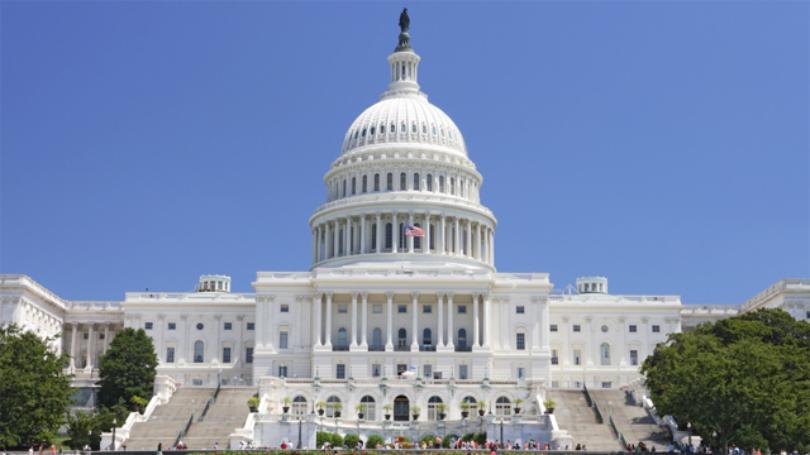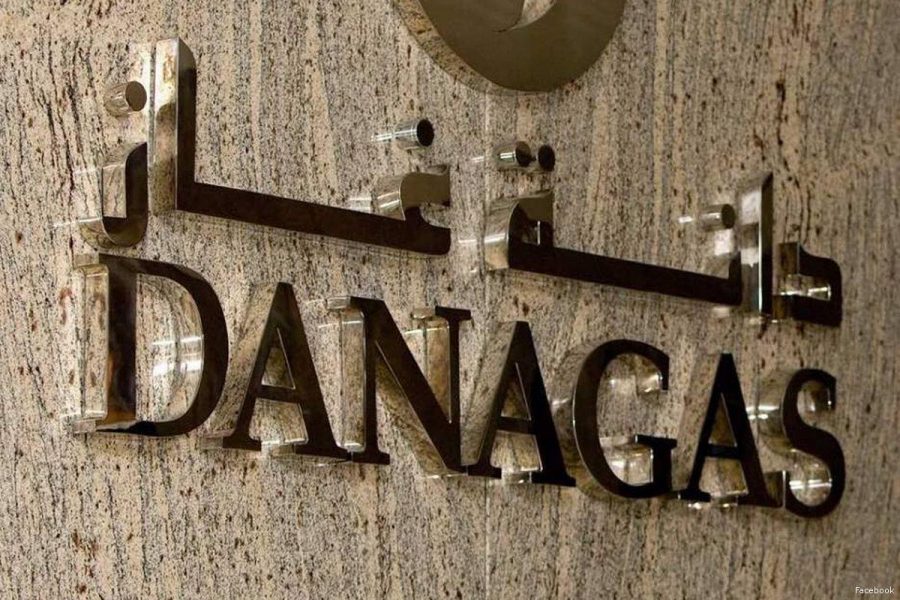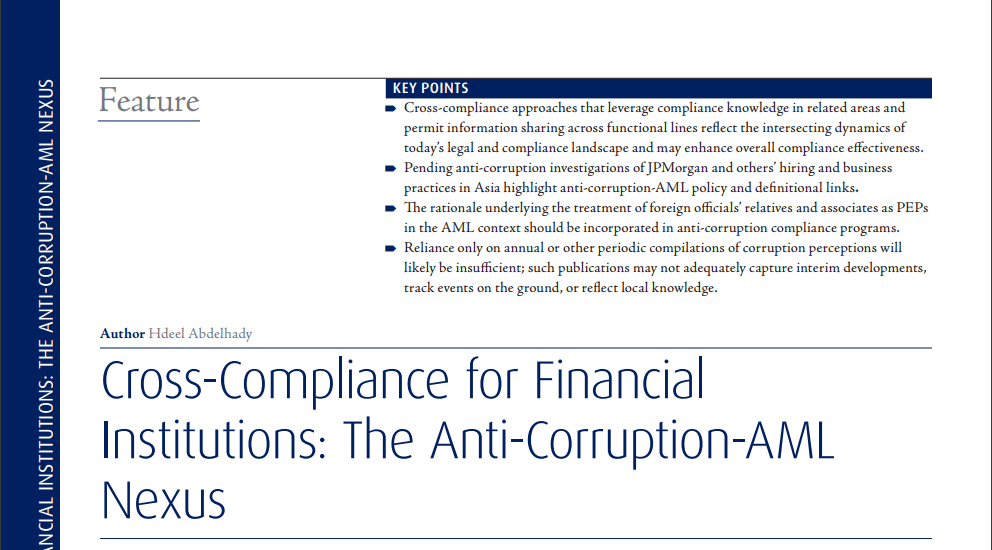On April 27, 2017, I attended a Congressional hearing on “Safeguarding the Financial System from Terrorist Financing,” held by the House Committee on Financial Services’ Subcommittee on Terrorism and Illicit Finance (the “Subcommittee”). The sole witness was Mr. Jamal El-Hindi, Acting Director of the Financial Crimes Enforcement Network (FinCEN), a bureau of the U.S. Department of the Treasury charged with protecting the financial system from money laundering, terrorism financing and other illicit activities. The hearing’s purposes were to examine the methods and efficacy of FinCEN data collection, processing and information sharing and whether the Bank Secrecy Act (BSA) and USA PATRIOT Act should be amended to improve FinCEN’s anti-money laundering (AML) and counter-terrorism financing (CFT) capacities and performance. In this brief MassPoint update, I highlight BSA data collection and usage numbers and some of the questions and issues that appeared to be of particular interest and/or concern to Congress members in attendance, taking into account the nature and frequency of the questions asked, the tone of questions, and related requests for additional or clarifying information from FinCEN.







